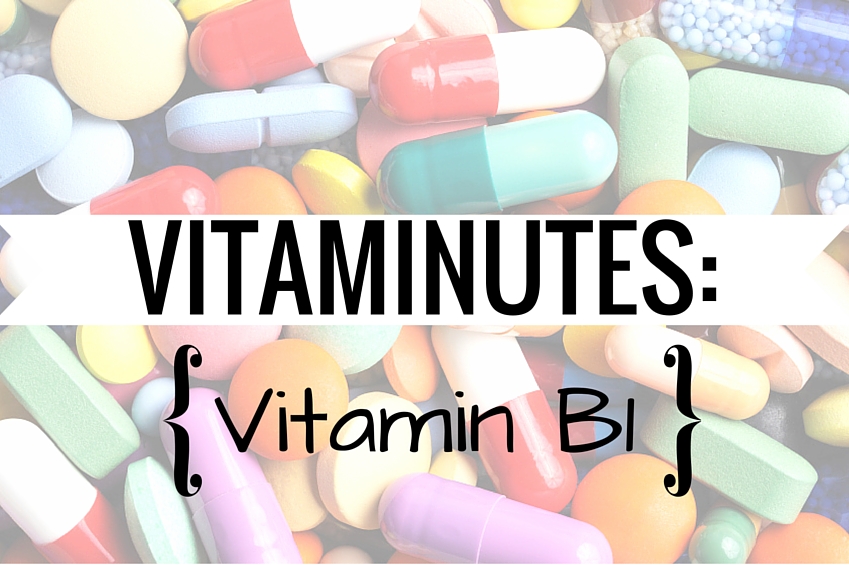We’ve been sharing our series on various vitamins for the past year. In case you missed them, check out Vitamin A, Vitamin E, Vitamin K, Vitamin C and Vitamin B3.
What it does
Vitamin B1, also known as thiamine (or thiamin), facilitates cellular function throughout the body and is important in healthy cardiovascular and nervous system function. B1 helps us break down fat and protein. Like all the B complex vitamins, B1 helps the body turn carbohydrates into energy. Also, B1 is among the B vitamins thought to have stress-relieving properties.
Where to find it
You can derive thiamine from eggs, legumes, peas, nuts, seeds, beef liver, pork, dried milk and fortified whole-grain products like cereal, bread, pasta and flour, according to the National Institutes of Health’s National Library of Medicine. Other options include asparagus, potatoes, mushrooms, spinach, eggplant and tuna.
How much you need
Vitamin B1 is among the water-soluble vitamins, meaning it is not stored in the body’s fat tissues. You need to take in enough daily to sustain all the B1 functions. Your recommended daily intake: about 1.2 milligrams for adult males and about 1.1 mg for adult females.
If you don’t get enough?
Vitamin B1 deficiency, while rare, is sometimes found among people who abuse alcohol; excessive alcohol consumption can prevent enough of the vitamin from being absorbed through the daily diet. Others at risk include others who would have difficulty with absorption, including those with Crohn’s disease or anorexia, or people undergoing dialysis treatments.
Symptoms of deficiency can include fatigue, irritability, loss of appetite, leg pain and/or swelling and vomiting. In severe cases, the disease beriberi is a possibility, though it is very rare in the United States. B1 deficiency is easily addressed through supplements, but again, usually the diet provides enough. Also, B1 may negatively interact with some medications, so it’s wise to consult your doctor before adding a supplement.
The last word
Some swear by B1 ingestions as an effective repellent for bugs, including mosquitoes. But no hard scientific evidence supports that, and the Centers for Disease Control and Prevention has stated, “Vitamin B and ultrasound devices are NOT effective in preventing mosquito bites.”

